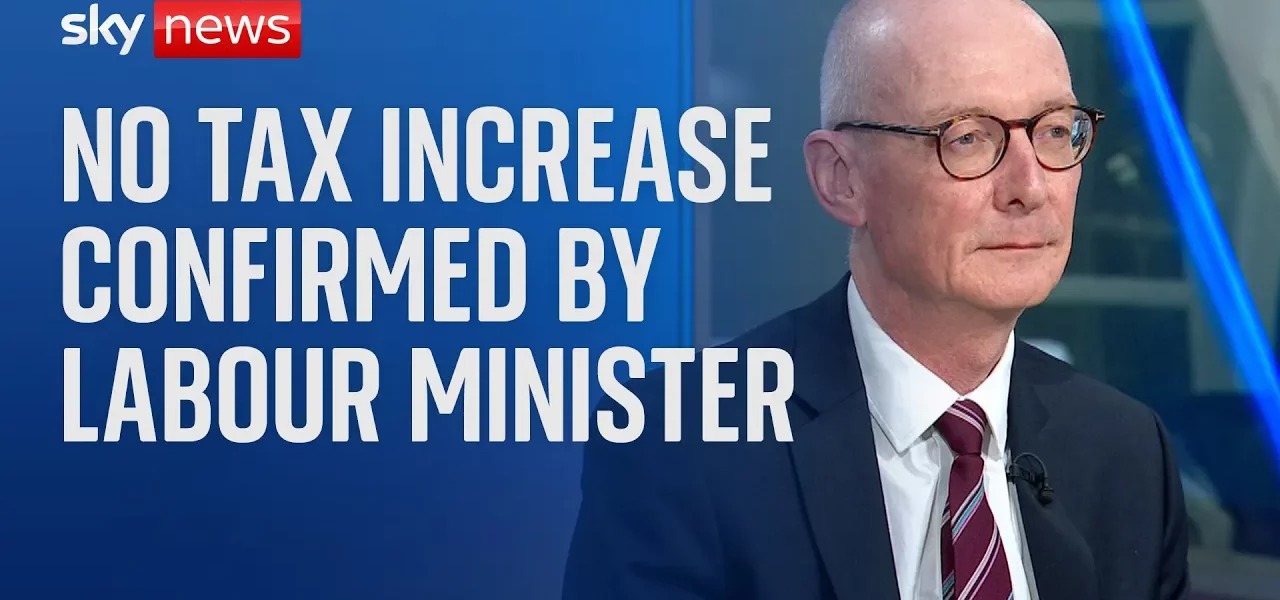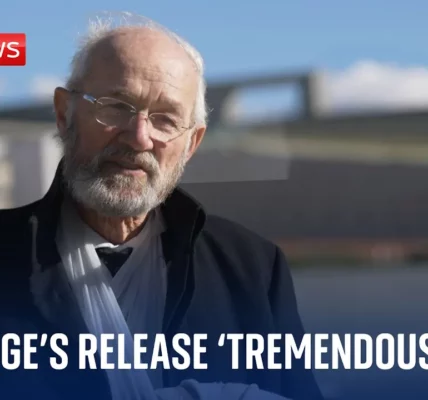Chancellor’s Statement on the Fiscal Situation: An In-Depth Analysis

In this comprehensive article, we will delve into the intricate details of the Chancellor’s upcoming statement regarding the fiscal landscape, examining the implications of newly uncovered budgetary pressures, the legacy of the previous government, and the potential for spending cuts versus tax increases.
Introduction
The Chancellor’s forthcoming address is anticipated to disclose significant budgetary challenges, often referred to as a “black hole” in public finances. This situation raises pressing questions about the previous government’s transparency and the extent to which they may have misrepresented the fiscal realities. As the current administration steps into this complex scenario, they face the daunting task of addressing a potentially severe fiscal deficit, which could lead to tough decisions on spending and taxation.
The Fiscal Black Hole: What We Can Expect
As the Chancellor prepares to outline the current fiscal challenges, we can expect a clear articulation of the scale of the financial deficit inherited from the previous government. This section will explore various aspects of the fiscal situation, including:
1. Understanding the Fiscal Deficit
A fiscal deficit occurs when a government’s expenditures exceed its revenues. The Chancellor is expected to reveal the current figures, indicating that the deficit may be larger than previously estimated. Key points to consider include:
- Inaccurate cost projections for government programs, such as the Rwanda scheme, which has ballooned from an initial estimate of £400 million to £700 million.
- Unforeseen pressures on the budget resulting from unaddressed policy commitments and public sector pay offers that were not disclosed during the election campaign.
2. Pressures on the Budget
The complexities of the fiscal situation are exacerbated by various budgetary pressures, including:
- The depletion of the country’s reserves to fund asylum policies, limiting financial flexibility for other urgent needs.
- Potential cuts to unprotected budgets, estimated to be between 1.9% and 3.5% per year, leading to total reductions of £10 billion to £20 billion by 2028.
Government Accountability and Transparency
One of the most contentious issues surrounding the Chancellor’s statement will be the level of accountability expected from the previous administration. This section will address:
1. The Previous Government’s Decisions
The previous government’s management of public finances will be scrutinized, with specific attention to:
- Claims of misrepresentation of fiscal realities to the Office for Budget Responsibility (OBR).
- Failure to communicate the true costs associated with key policies, thus impacting the credibility of their fiscal management.
2. Implications for Current Policy
The implications of the previous government’s decisions are significant for current policy-making. Key considerations include:
- The potential for increased scrutiny from opposition parties regarding the handling of the fiscal situation.
- The impact of public perception on the current government’s ability to enact necessary spending cuts or tax reforms.
Future Prospects: Spending Cuts vs. Tax Increases
As the Chancellor prepares to make difficult decisions regarding fiscal policy, the debate over spending cuts versus tax increases will take center stage. This section will explore:
1. Commitment to Tax Pledges
The current administration’s commitment to uphold manifesto pledges not to increase taxes will be tested against the pressing need to address the fiscal deficit. Considerations include:
- The potential for significant cuts in public spending to meet budgetary constraints.
- Public sentiment regarding tax increases versus spending cuts and their implications for future elections.
2. The Role of Economic Conditions
The broader economic conditions will also influence the Chancellor’s decisions. Factors to examine include:
- Current economic growth rates and their influence on government revenues.
- Inflationary pressures that may necessitate a reevaluation of fiscal strategies.
Conclusion
As we await the Chancellor’s crucial statement, it is clear that the fiscal landscape is fraught with challenges that require immediate and decisive action. The revelations regarding the previous government’s handling of public finances will undoubtedly shape the narrative moving forward. It is essential for the current administration to navigate these challenges with transparency and accountability. We encourage readers to stay informed by following the Chancellor’s address and the ensuing discussions in Parliament. For further insights into public finance and government policies, explore our related articles on fiscal strategy and economic outlook.
“`




